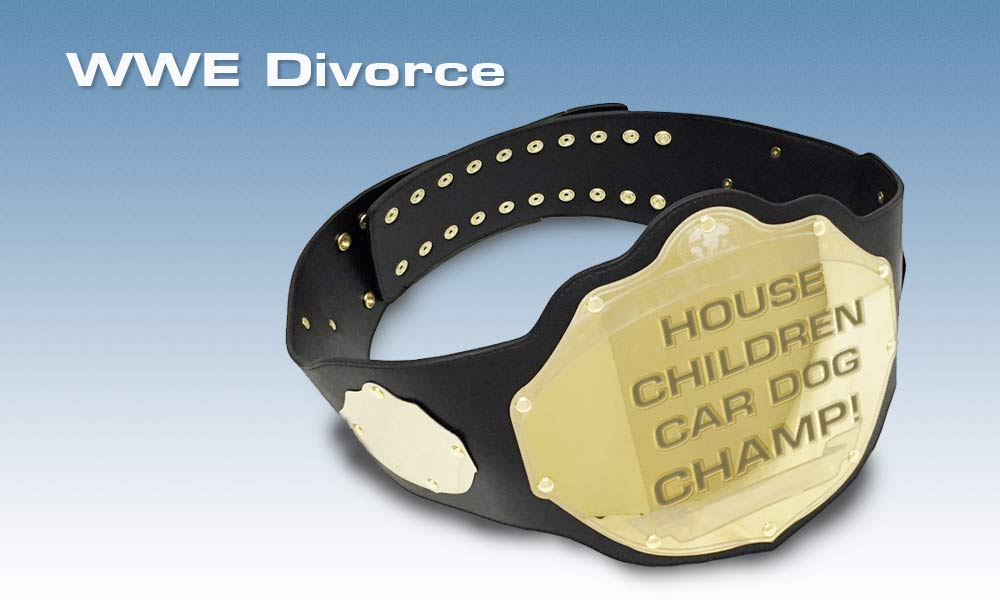Jennifer Hudson, former American Idol contestant and current The Voice judge, Oscar and Grammy winning performer, announced that she and her long-time partner of ten years, professional wrestler David Otunga, are ending their relationship. As with other celebrity custody battles, this may turn ugly.
Jennifer and David never married but have two children. At the moment, David probably has no formal custodial rights to the children because he likely had no need to file a paternity action. Now that they have separated, Jennifer could keep the children away, and in fact seemed to step toward that direction by filing and obtaining a temporary order of protection. David counters this is only a legal maneuver designed to give her the upper hand in the process.
It seems Jennifer would like to have full custody of the children, while David seems to want full custody himself, particularly after how the relationship ended and Jennifer filing for a protective order.
While the protective order has not been made public yet, it appears from the press release from David that Jennifer intends to paint David as somehow dangerous or threatening to herself and the children. David has taken the position that he, not Jennifer, is better poised to be the residential parent because he has a more forgiving schedule while Jennifer travels extensively for her career.
While this likely will get resolved privately rather than in public court feuds, one never knows. Also at stake: all of the earnings Jennifer has made while with David. Though the two never married, they have been business partners in some ventures and may jointly own property together. Untangling this will likely require some type of buyout by Jennifer.
Some will look at this situation and wonder why Jennifer has to go through this mess – she is a successful woman, earner and mother who by all accounts seems very capable of taking care of the children. Why should she be penalized for her work that provides for the children? The irony in this question is that it is the same one men have often asked in similar positions when they seek joint or full custody. From a purely legal standpoint, the court should not favor either parent purely because of gender stereotypes. The court must look at a range of factors and decide what custody arrangement would best suit the children. If in Missouri, the judge would have to start with joint custody and determine why that arrangement might not be appropriate.
Another interesting issue raised by this case: is the fact that David is in the WWE a negative toward his parenting because he participates in a violent sport (even if staged)? It seems Jennifer has made a suggestion in her pursuit of a protective order that David does pose some type of threat.
It will be interesting to see how this case plays out. We will keep you updated.
If you have questions about child custody and support, contact us – we can help.
